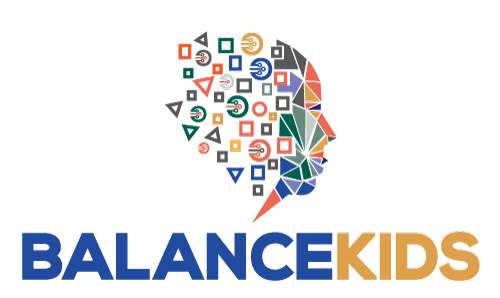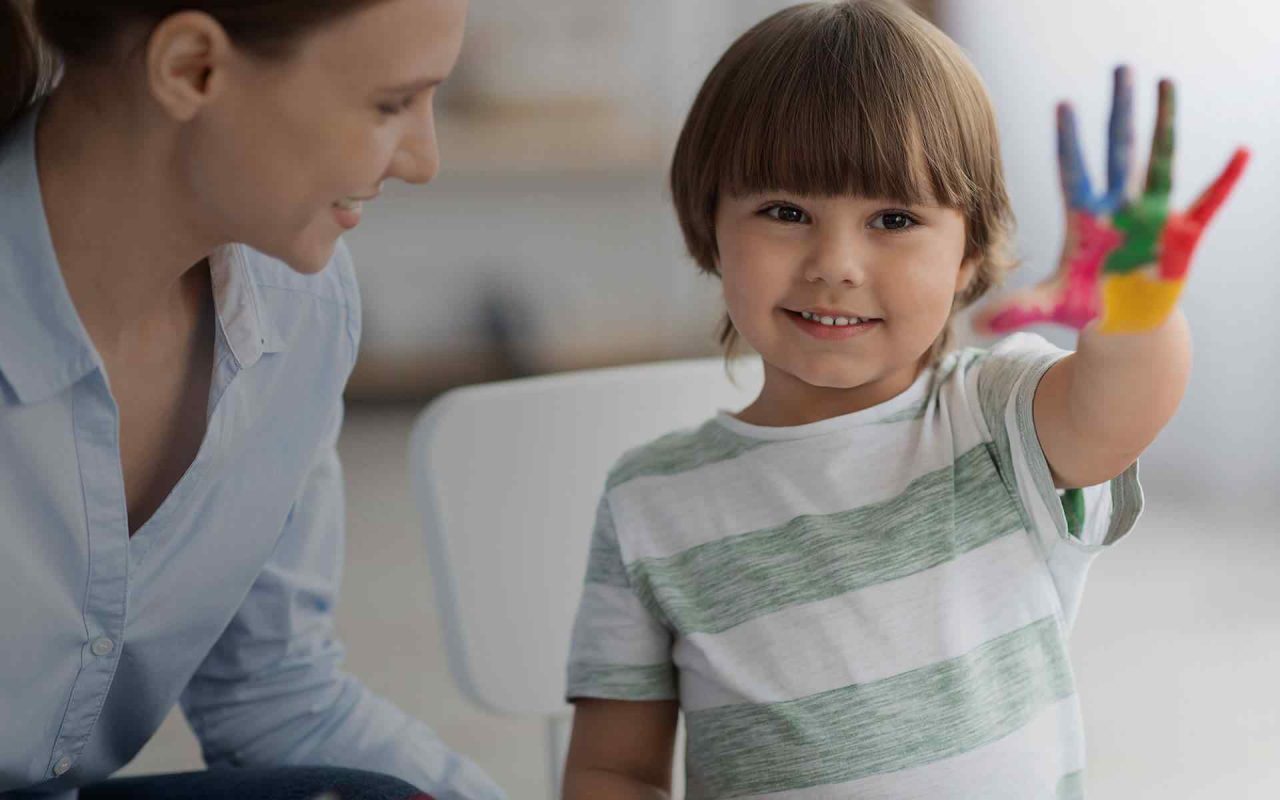A child’s mental and emotional needs may not be as obvious as their physical needs, but, it’s just as important.
Did you know that 45% of California’s youth struggle with mental health issues? It affects 1 in 5 young people, but a whopping two-thirds of those who need treatment do not have access to it.
According to the Integrated Pediatric Mental Health, good mental health allows children to think clearly, develop socially and learn new skills. It enables them to live a successful, well-balanced life.
The good news is, there are already many mental health programs available for Teens and Adults who need help. The sad news is, there are almost NONE for children. Identifying these early signs and providing appropriate support can improve the child’s life, mitigate progressive symptoms, and improve short and long term mental health.
So what are the steps we need to take as parents, guardians and caregivers to safeguard our children’s mental health? We empower them to reach their full potential by investing in: prevention, early identification, and access to service.
It also helps to know how to help our kids develop coping skills.
What Are Coping Skills?
Coping skills are healthy habits we can do in-the-moment, when we are smack in the middle of negative emotions, to help us reduce stress and avoid getting overwhelmed. Teaching our kids these skills will help them get through stressful situations with a little more ease, and without doing something impulsive that they’d regret later on.
The ABCs of Coping
A list of coping skills for kids every adult should know.
According to research by the American Academy of Pediatrics, since the start of the pandemic, hospitals have seen more mental health emergencies among kids. Between March and October 2020, the percentage of emergency department visits for children with mental health emergencies rose by 24% for children ages 5-11.
Kids deal with a lot, and they show it differently. One of the most important things we need to build in our children, is their ability to cope with feelings and emotions.
Here are 5 basic tips to help support your kids’ mental health:
- Be a safe space
They had a bad day? Let your kids cry and express their feelings without fear of judgement. Some children may want to draw pictures, read stories, or talk about what happened to cope.
- Use words to express feelings.
Sometimes, strong feelings just need to be let out. Encourage kids to talk or even write down their thoughts as a healthier means of expressing emotion. It helps kids to safely vent their feelings that isn’t destructive or hurtful to themselves or other people.
- Inject Positive, Rewarding Activities of their choosing
Fun is good for mental health. School-aged kids may respond well to having choices, such as picking out their own clothing or food at meal time, and participate in sports or hobbies that encourage a sense of accomplishment.
- Coping with Anger
We need to help kids understand and expect that they will experience a variety of feelings as they go through life, including anger. It’s what you do with those feelings that matter. Anger coping skills can come in the form of sensory toys such as squishing playdough, pop bubble wrap, squeeze a stress ball, and more.
- Coping with Anxiety
Anxiety coping skills will come in handy when you need a quick way to help your child calm down. A drink of cold water, and simple exercises such as thinking of their favorite place, naming animals alphabetically and some deep, even breathing are worth a try.
Intensive Outpatient Program for Kids
Coping skills are a great form of self-help to try while you’re looking for a counselor, or before considering mental health treatment for your kids. When a child learns and practices coping skills, they discover that they have some control over their and how they choose to deal with them.
For kids with mild anxiety or life stress, these simple coping skills may be enough for them to feel better. However, most kids with mental health struggles like anxiety or depression will need therapy beyond coping skills in order to heal.
At the Balance Treatment Center, we offer an intensive outpatient program specially designed for kids ages 7-12 years old. This program is facilitated by trained licensed mental health professionals. So parents can rest easy they will be given the very best possible guidance in building their character, security, and self-acceptance.
In the past two years we all went through a tough time. Children were especially impacted as they missed out on crucial developmental milestones such as socializing with peers, learning how to read facial cues of others outside their family, and mastering independent skills.
Our goal here is simple, to help your child adapt in times of emotional, cognitive and social development.
We do this through proven and researched methods that address core needs for children’s wellbeing. Our Balance Kids Program is designed specifically to aid children with the challenges that have been made worse by the pandemic.
Skill and Ability Building: Children attending the Balance Kids programs will learn crucial skills related to social interactions with other children, adults, and the world.
Parents as Co Regulators: Our Parent programming is designed to help parents learn and build upon positive parenting strategies that can be implemented at home.
Immersion in a Social Setting: All of our programming is done while parents and children are immersed in a social group setting so that we can be there as professionals to facilitate growth within the child’s comfort zone.
And because it’s an “outpatient” program, it won’t disrupt their daily routine. Instead, it supports their current environment; working around their school schedule and family life.
Studies on the effectiveness of prevention and early intervention show that acting early improves the lives of children and their families both short and long-term. So take the right steps to nurturing your child’s mental health by giving them all the support they need.
Visit our website to learn more about our outpatient program for kids.


